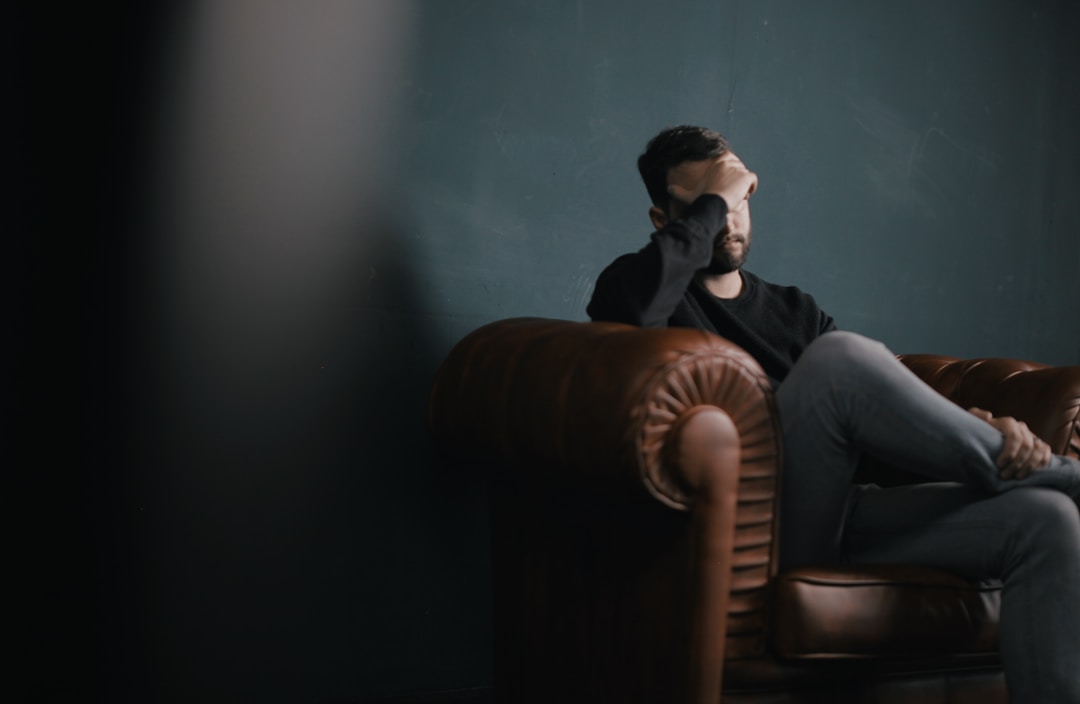It’s bad enough that you’re in physical pain from an injury, but then it takes you out of commission from work, hobbies, and even average everyday activities. This can weigh heavy on your mind and cause you to feel like there’s no outlet to vent on the discomfort, both physical and mental. Let’s take a look at some of the ways that a physical injury can directly impact your mental health.
PTSD

Depending on how and when a physical injury happened, we can develop anxiety engaging in that same activity. While post-traumatic stress disorder (PTSD) is commonly associated with military officers returning from combat, it’s also diagnosed to those who suffer a physical injury and have difficulties returning to the activities that led to the injury, such as driving a car.
PTSD is now being treated by some of the top mental health retreats to provide an intensified approach to mental health. While physical therapy is incredibly beneficial for gaining strength after an injury, psychotherapy can help deal with mental hurdles that you may be experiencing. A retreat for mental health is designed to get to the core of your fears, taking a particular time span and making it all about healing. Processing trauma will allow you the freedom to continue living your life while leaving your debilitating symptoms behind. Psychotherapy retreats put PTSD under the microscope with therapy sessions centered on dealing with triggers from that event.
Depression

The physical injuries we suffer can land us in surgery, and recovery from that surgery can leave us unable to do even the simplest of tasks. For example, if you’ve undergone a microdiscectomy for a herniated disc in your back, you are pretty much put on bed rest initially to recover from the lumbar spine procedure. Surgeons will also recommend an activity restriction, which can be a real downer for outgoing and active people dealing with spine or soft tissue problems.
Depression can set in because of limitations, the significant difference is almost immediate and hard to adapt to, especially with the use of a back brace or other devices to have any mobility. Other patients struggle with delays in recovery or changes to their environment such as an inability to lift heavy objects or engage in an aerobic exercise like they did before. Individual therapy sessions can address ways of waning these emotions, and better engage in an understanding that normality or a “new normal” will emerge.
Stress

If physical therapy isn’t going your way or you’re unable to experience any kind of pain relief, this can lead you to feel stressed out which can lead to frustration. The anger at the situation can occur based on a patient’s symptoms but could also be the result of not having any timeline for a return to regular activity. While healthcare providers or surgeons may throw out a common time frame for recovery, there are those of us who try to ramp up the recovery time and only re-aggravate an injury, especially after an invasive procedure. Prioritizing mental health to address these stressors—even on an outpatient basis—can help patients understand that there are limitations, but keep focused on achieving a baseline goal of returning to work or physical activity.
Overall Health

You may be prescribed pain medication after an operation or physical injury, but it’s an important consideration to make if you should take those meds. If you have a history of addiction, you may want to ask a surgeon or your healthcare provider about an OTC medication or holistic option. For example, blood thinners at proper dosage can help deal with soft tissue injuries and ease the pain at a surgical site but you can also research options for alternative pain management that will not interfere with your addiction recovery. Mental health professionals can help you discover the behaviors that trigger drug and/or alcohol abuse as a means of relief. Most retreats for mental health require abstinence from substance use for at least two days before taking part in intensive therapy or opt for a detox center to address any active issues.
Anna Marikar, mum of four and seasoned blogger, has spent over a decade sharing her parenting journey and passion for kid-friendly crafts and free printables.
Her easy-to-follow craft ideas and practical parenting advice have transformed In The Playroom into a cherished resource for parents.

Great article. Thank you for all the work you put in!
Thank you for this very good blog! It helps me a lot.
Really Awesome post, I really appreciate for this helpful post.